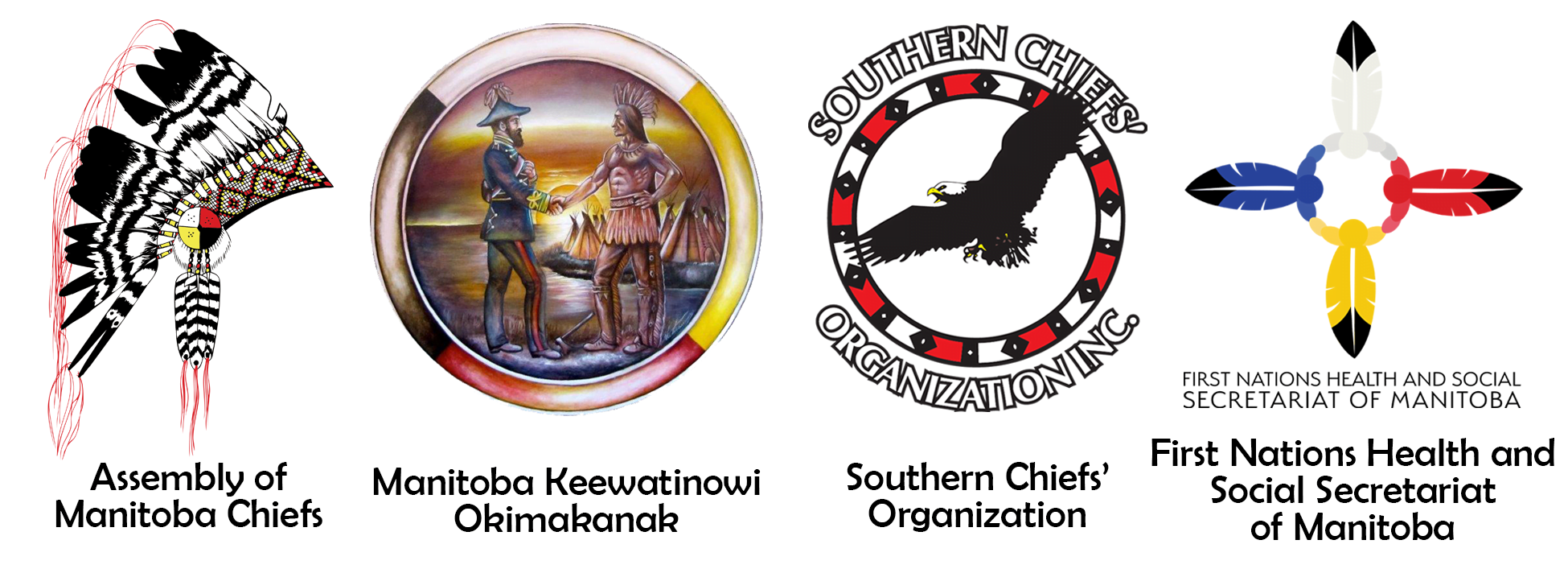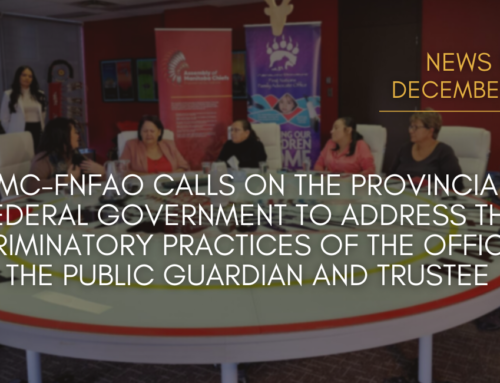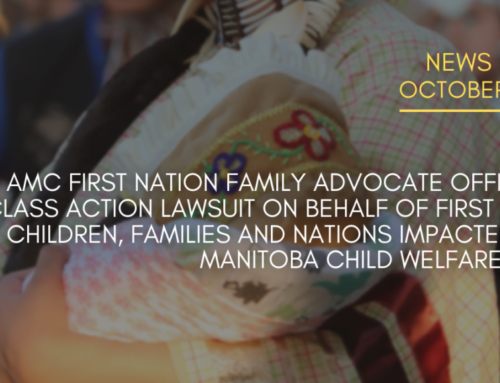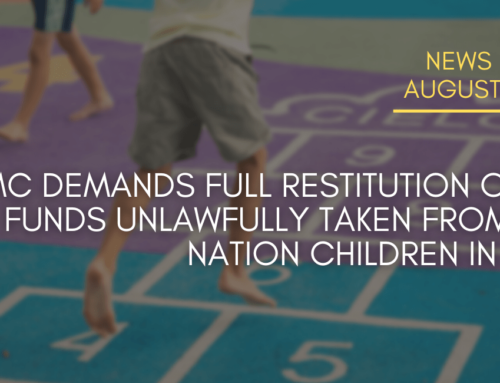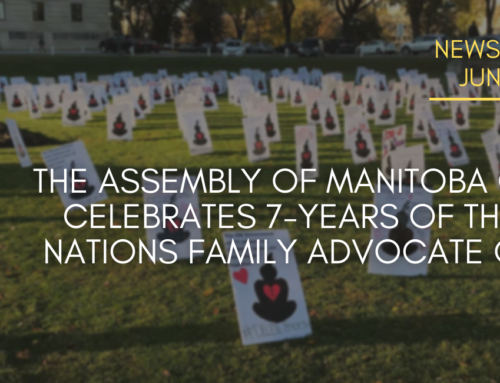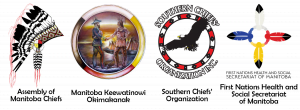 Treaty one Territory, Winnipeg Manitoba – First Nations specific surveillance information is key to allow for the identification of confirmed First Nations cases and control of the COVID-19 outbreak and provide information to local First Nations leadership. On April 3, 2020, the Province amended their COVID-19 intake form, in response to a First Nation request, making it a mandatory question for intake workers to ask individuals to self identify for the purposes of COVID-19 response and planning. Manitoba First Nations leadership acted quickly to collectively respond to the COVID-19 pandemic where, “First Nation communities and our health workforce have demonstrated leadership in responding to COVID-19 since we started experiencing its impacts in Manitoba. This has included aggressive and early public health measures at the community level, establishing the Manitoba First Nation COVID-19 Pandemic Response and Coordination Team, and being at the forefront in developing and implementing a process to ensure we have timely and accurate First Nation specific COVID-19 surveillance information,” stated Grand Chief Arlen Dumas of the Assembly of Manitoba Chiefs.
Treaty one Territory, Winnipeg Manitoba – First Nations specific surveillance information is key to allow for the identification of confirmed First Nations cases and control of the COVID-19 outbreak and provide information to local First Nations leadership. On April 3, 2020, the Province amended their COVID-19 intake form, in response to a First Nation request, making it a mandatory question for intake workers to ask individuals to self identify for the purposes of COVID-19 response and planning. Manitoba First Nations leadership acted quickly to collectively respond to the COVID-19 pandemic where, “First Nation communities and our health workforce have demonstrated leadership in responding to COVID-19 since we started experiencing its impacts in Manitoba. This has included aggressive and early public health measures at the community level, establishing the Manitoba First Nation COVID-19 Pandemic Response and Coordination Team, and being at the forefront in developing and implementing a process to ensure we have timely and accurate First Nation specific COVID-19 surveillance information,” stated Grand Chief Arlen Dumas of the Assembly of Manitoba Chiefs.
The Health Information Research Governance Committee (HIRGC) established in 1998 by the Assembly of Manitoba Chiefs, made up of First Nations health directors and First Nations academics, successfully negotiated an information sharing agreement with the Province of Manitoba the first of its kind in Canada. “The data sharing process was approved by our committee and authorized the First Nations Health and Social Secretariat of Manitoba to negotiate and begin working with partners to develop a critical data gathering tool and process to support First Nations and other organizations in their planning and monitoring of First Nations COVID-19 cases. This is a collaborative partnership with the Province that recognizes First Nations self-determination, governance of our own data and utilizes the OCAP [ownership, control, access and possession] Principles to determine the standards and parameters of how First Nations data is used for the benefit of our people”, stated Doris Young, HIRGC Co-Chair.
Through negotiations of the FNHSSM team and support of HIRGC, an information sharing agreement was negotiated between FNHSSM and the Province of Manitoba, “there is nothing secretive with the data sharing process: in fact it’s been a multi-collaborative initiative from the beginning”, stated Chief Sheldon Kent of Black River and FNHSSM board chair, “this agreement further demonstrates the willingness to work together in unity while respecting the self determination of First Nations to have ownership, control, access, and possession of their own data and information. The parameters of the agreement further outlines how the First Nations data is accessed, how reports are generated and how information is shared, and respects all applicable privacy and information laws. The agreement was negotiated to ensure data accuracy to inform pandemic planning and preparedness and confirms the willingness of parties to work together at various levels to support First Nations data sovereignty.”
This work to collect and accurately capture First Nations COVID-19 cases by asking our people to voluntarily self identify is the result of an ongoing collaboration between multiple partners that First Nations have been leading and advocating through the work of Dr. Marcia Anderson, the HIRGC and FNHSSM led by Director of Research, Leona Star. Chief Kent concluded by saying, “Data sharing and linkage is not a new concept, COVID-19 provides a platform to begin exploring self declaration and its impacts on health intervention and outcomes.”
Grand Chief Dumas added that, “We are the first in Canada to have this self-identification process along with appropriate data governance protocols. Our Information Sharing Agreement with the province ensures that we have appropriate governance and oversight over our health information. We appreciate that they are respecting our leadership and are working in partnership with us to monitor how COVID-19 is impacting First Nations people and communities in Manitoba. Our measures have been effective and so we have not seen COVID-19 enter our communities yet. It is important that we continue to work in partnership, and that we have the best information possible over the coming months as we continue to monitor the situation. We fully support the ongoing work that provides the opportunity for First Nation people to self-identify and encourage people to do so because that will give us the best information possible for our planning and response.”
“I want to thank First Nations communities for their leadership in responding to COVID-19 and taking quick action to protect community members. This information sharing agreement is the first of its kind in Canada, and respects the principles of data ownership, control, access and possession and First Nations data sovereignty. I know this agreement will allow us to work more effectively with our partners to monitor the situation and take any needed steps to support the health of our First Nations communities,” said Dr. Brent Roussin, Chief Provincial Public Health Officer of Manitoba.


